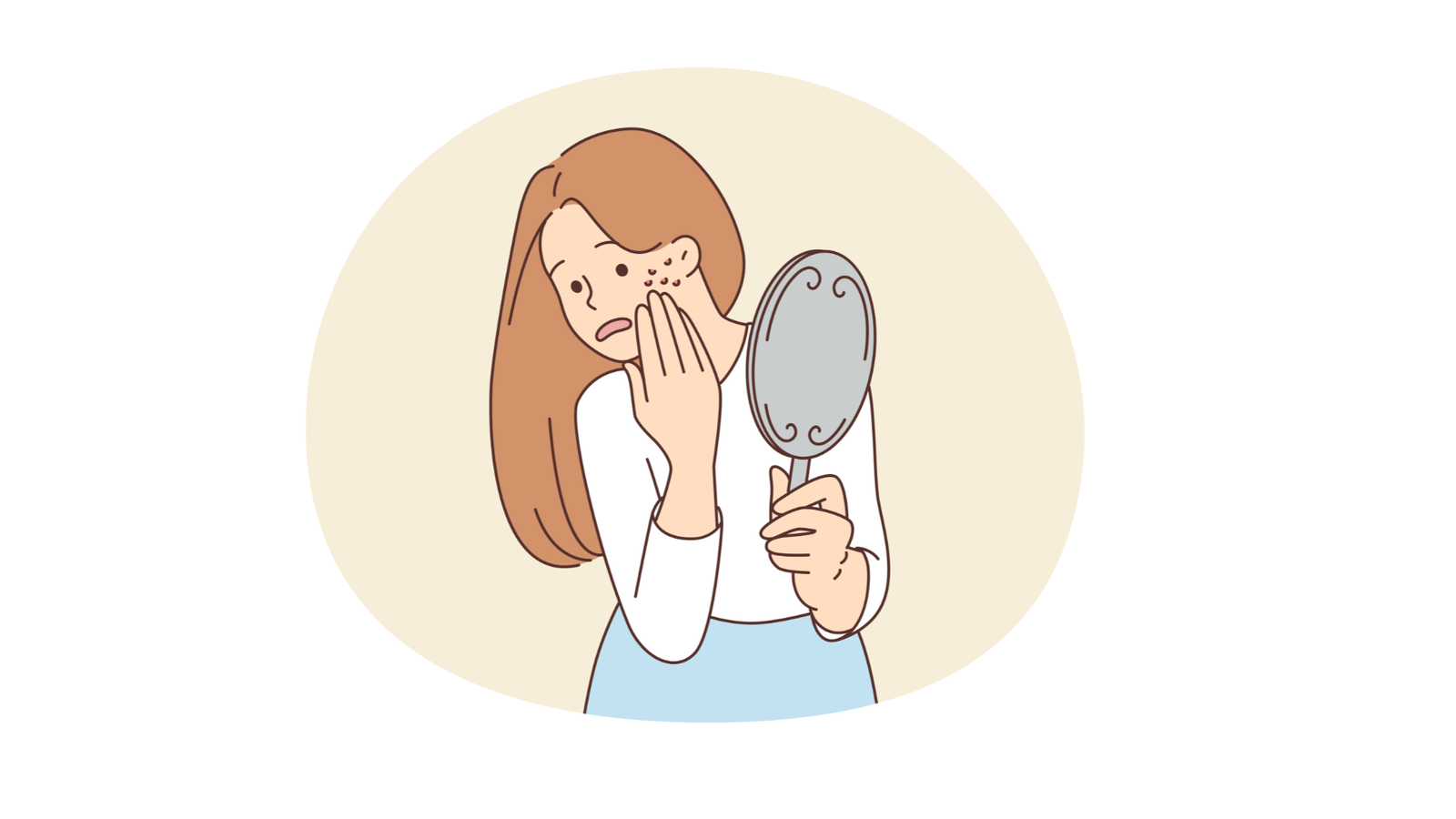Things You Should Know Before Popping a Pimple
Share

Pimples, those pesky little eruptions that seem to appear at the most inconvenient times, have plagued many of us at some point in our lives. The urge to pop them can be almost irresistible, promising instant relief and the hope of a quicker recovery. But should we really succumb to this temptation? In this article, we delve into the age-old debate of whether popping pimples is a wise choice or a skincare sin.
The Temptation to Pop
It’s a scenario many are familiar with: a noticeable blemish appears on your face, and the first instinct is to rid yourself of it by squeezing or popping it. The satisfaction of seeing the pus or oil expelled can be strangely gratifying, offering a sense of control over the situation. However, this momentary relief often comes with potential consequences that extend beyond the immediate gratification.
The Risks Involved
Contrary to popular belief, popping pimples can do more harm than good to your skin. Here are some reasons why it’s best to resist the urge:
- Inflammation and Infection: Popping a pimple can cause the bacteria, oil, and debris trapped within it to spread to surrounding pores, leading to further inflammation and potential infection. This can exacerbate the problem, causing the affected area to become even more swollen, red, and painful.
- Scarring: Aggressively squeezing or picking at pimples can damage the surrounding skin tissue, leading to the formation of scars. These scars may manifest as dark marks, indentations, or raised bumps, which can persist long after the pimple itself has healed.
- Delayed Healing: Popping pimples disrupts the skin’s natural healing process by creating an open wound. This can prolong the time it takes for the blemish to heal and increase the risk of post-inflammatory hyperpigmentation, especially in individuals with darker skin tones.
- Spreading Acne: Popping pimples can inadvertently spread acne-causing bacteria to other areas of the face, leading to the formation of new blemishes. This can perpetuate a cycle of breakouts and further exacerbate acne-prone skin.
The Safer Alternative
Instead of popping pimples, dermatologists recommend a more gentle and effective approach to skincare:
- Cleanse Gently: Use a mild, non-comedogenic cleanser to wash your face twice daily, preferably in the morning and evening, to remove excess oil, dirt, and bacteria without stripping the skin of its natural moisture.

2. Apply Spot Treatments: Use topical treatments containing ingredients like benzoyl peroxide, salicylic acid, or tea tree oil to target individual pimples and reduce inflammation without causing unnecessary trauma to the skin.

3. Use Warm Compresses: Apply a warm, damp washcloth to the affected area for a few minutes to help soften the pimple and facilitate its natural drainage. This can promote healing and reduce swelling without the need for aggressive squeezing.
4. Seek Professional Help: If you’re struggling with persistent or severe acne, consider consulting a dermatologist who can provide personalized treatment options tailored to your skin type and concerns. They may recommend prescription medications, professional extractions, or in-office procedures to help manage your acne effectively.
Conclusion
In the battle against pimples, the temptation to pop may be strong, but the risks far outweigh the benefits. Popping pimples can lead to inflammation, infection, scarring, and the spread of acne, ultimately doing more harm than good to your skin. Instead, opt for gentler skincare practices and seek professional help if needed to achieve clearer, healthier skin in the long run. Remember, patience and proper skincare are key to overcoming the pimple predicament without leaving a lasting mark.








